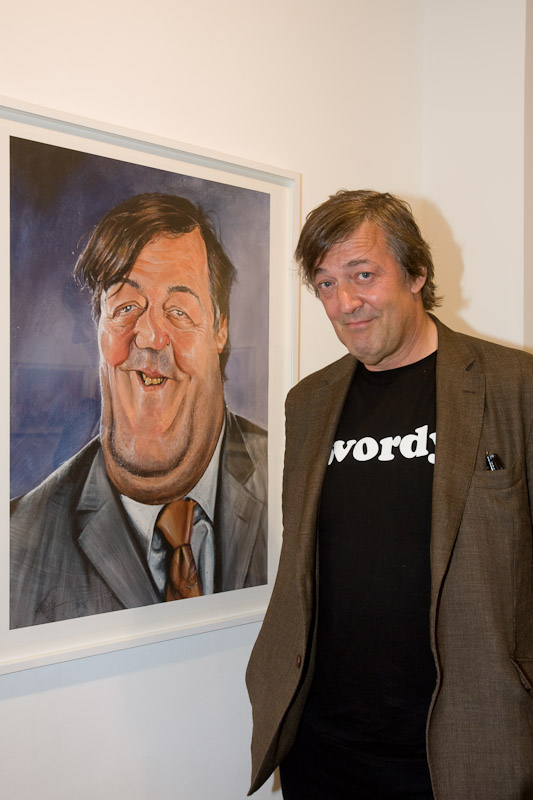Fry & Hitchens vs The Catholic Church – The Intelligence Squared Debate
You might remember we posted an article about this debate, hosted by Intelligence Squared, a little while back. Now here’s the debate in full, for your audiovisual edification:
(with our own Derren Brown sat in the audience too)


